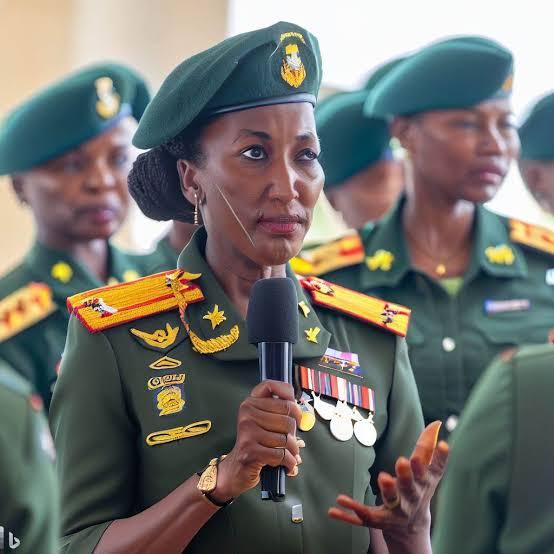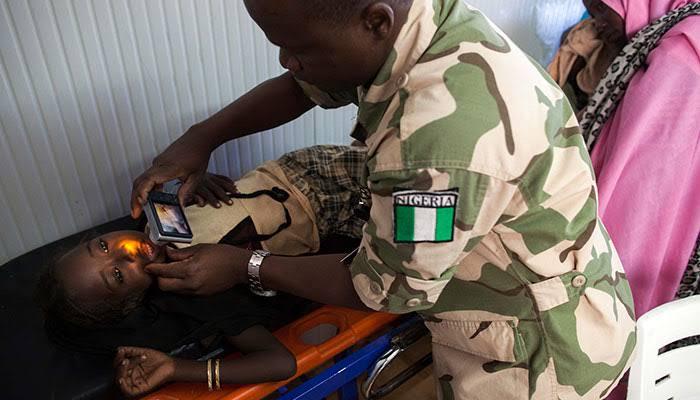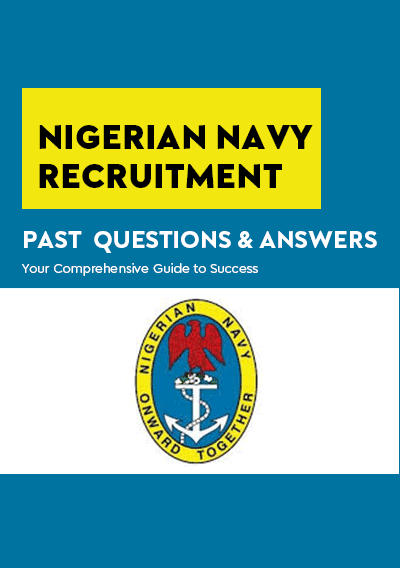Explore Our Bill Payment Services:

- Military And Defence
- Armed Forces Guide
- Nigeria
The Role Of Women In Nigeria Military: Official Guide
In recent years, the role of women in the Nigerian military has grown significantly. From combat roles to leadership positions, Nigerian women are breaking boundaries in the Army, Navy, and Air Force.
This 2025 guide explores:
-
Their official roles
-
How women are recruited
-
Notable achievements
-
Challenges faced
-
Opportunities for growth
Whether you’re an aspiring female soldier or simply curious, this guide will give you deep insights.
Can Women Join the Nigerian Military?
Yes! Women can and do serve in all branches of the Nigerian Armed Forces:
-
Nigerian Army (NA)
-
Nigerian Navy (NN)
-
Nigerian Air Force (NAF)
They are recruited through:
-
Nigerian Defence Academy (NDA)
-
Short Service Commission (SSC)
-
Direct Short Service Commission (DSSC)
-
Trades/Non-Tradesmen Recruitment
Official Roles of Women in the Nigerian Military
1. Combat Support Roles
Women serve in technical and non-combat departments such as:
-
Intelligence
-
Signals
-
Communications
-
Engineering
-
Medical Corps
-
Logistics
Though combat roles were once restricted, some women now serve closer to the battlefield, especially in peacekeeping and support missions.
2. Medical and Healthcare Services
Female officers play key roles in:
-
Nursing
-
Medicine (Doctors, Pharmacists, Lab Scientists)
-
Psychology
-
Public Health
-
First Aid Response in combat zones
3. Legal & Administrative Services
In DSSC and other specialized roles, women serve as:
-
Military Lawyers (Judge Advocate General units)
-
Legal Advisors
-
Administrative Officers
-
Finance & Payroll Officers
4. Air and Naval Operations
In the Navy and Air Force, women are:
-
Pilots and co-pilots
-
Air traffic controllers
-
Logistics managers
-
Combat support crew on ships and aircraft
5. Peacekeeping Missions
Nigerian female soldiers have represented Nigeria in UN Peacekeeping missions in:
-
Liberia
-
Sudan
-
Mali
-
Democratic Republic of Congo
Their professionalism has gained Nigeria global respect.
6. Training and Leadership
Women also work as:
-
Military instructors
-
Unit commanders (especially in admin/medical divisions)
-
Resource personnel in NDA and Army/Navy/Air Force schools
How Can Women Join the Nigerian Military?
| Method | Eligibility | Entry Age |
|---|---|---|
| NDA | SSCE + JAMB + Physical fitness | 17–21 years |
| DSSC | Degree holders in medicine, law, ICT, engineering, etc. | 22–35 years |
| SSC | Degree/HND holders for combat or admin roles | 22–28 years |
| Recruitment | SSCE or trade certificate holders | 18–26 years |
Note: Physical fitness, height (min. 1.65m), and mental health are part of the requirements.
Notable Achievements by Women in Nigeria's Armed Forces
| Name | Achievement |
|---|---|
| Blessing Liman | Nigeria’s first female military pilot (NAF) |
| Rear Admiral Itunu Hotonu | First female admiral in West Africa (Navy) |
| Major General Aderonke Kale | First female major general in the Army Medical Corps |
| Air Commodore Habibah Ruth Garba | Senior female officer and award-winning leader |
Areas Where Women Are Actively Serving
| Military Branch | Common Roles for Women |
|---|---|
| Army | Medics, intelligence, signals, legal, logistics |
| Navy | Engineering, communication, ship crew, medical |
| Air Force | Pilots, controllers, cybersecurity, instructors |
Challenges Faced by Women in the Nigerian Military
Despite progress, women in the military still face:
-
Cultural stereotypes
-
Limited roles in combat arms (though changing)
-
Work-life balance challenges
-
Sexual harassment or gender bias
-
Fewer female mentors in higher ranks
However, increasing recruitment and affirmative policies are bridging the gender gap.
Benefits of Joining the Military as a Woman
| Benefit | Details |
|---|---|
| Equal Pay | Same salary scale as male counterparts |
| Career Growth | Promotions, leadership positions, and trainings |
| Free Medical Care | For officer and family members |
| Housing Allowance | Based on rank and posting |
| Global Exposure | UN peacekeeping missions and international training |
| Pension & Retirement Benefits | Lifetime security after service |
FAQs – Women in Nigerian Military
1. Can women be military pilots in Nigeria?
Yes. The Nigerian Air Force has trained several female pilots, including Blessing Liman.
2. Are women allowed in combat?
Partially. Women serve in support combat roles, and some are now closer to combat zones in medical or technical capacity.
3. Do female officers get married while serving?
Yes. Women are allowed to marry and have children, but some rules apply during training periods.
4. Can a woman reach General rank?
Yes. Some women have achieved Major General, Air Commodore, and Rear Admiral ranks.
5. What’s the retirement age for female officers?
Same as male counterparts — typically 60 years or 35 years of service, whichever comes first.
Conclusion
Women in the Nigerian military are breaking barriers, leading troops, flying jets, and representing the nation globally. From the Army to the Air Force, Nigerian women are proving that gender is no limitation to excellence in national defense.
With increasing recruitment, professional development, and global exposure, the future looks bright for Nigerian women in uniform.









